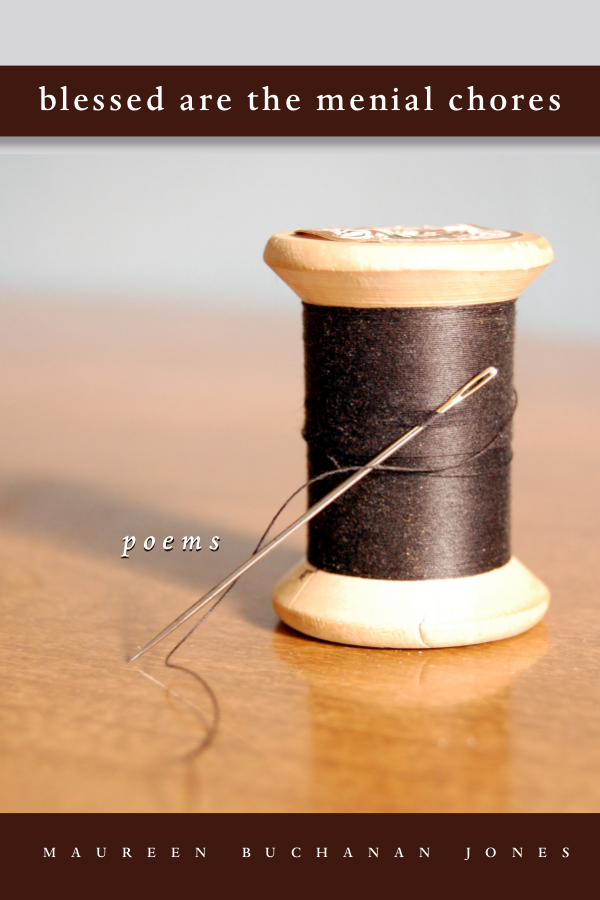Winter, with its long nights and voices reaching across continents, is the time for ancestors. It’s a time for listening to the old stories, even the ones we’ve heard from our beginning. We hear them and we hear them, and so often we think we hear them wrong. Why are they told the way they’re told? Why are those exact words used as if they are on repeat? What is the story about, and what is the story telling really about? It takes lifetimes to decipher meaning—large, intimate, individual and familial.
My mother’s oldest sister, Dorothea, told two stories about the explosion in Halifax, Nova Scotia in 1917. Until her death, she was one of the last living survivors of that disaster. My mother would get exasperated with Dot, because one story was about being knocked off her feet, and the other about a large glass shard embedding itself in the wall. Only one of them could have happened to my aunt. “Oh, Dot,” my mother would say, a dismissive twist to her mouth. I heard these vivid stories about shattering windows and concussions, near misses and a direct hit. The details held veracity. My mother was right. Both stories could not belong to my aunt. But as I heard them retold over decades, and as I replayed them in my own borrowed memory, I began to understand. My Aunt Dot was telling her own direct experience of the disaster, and she was telling the stories she had heard, many about the ones who didn’t survive. She was a repository of lived moments, and was passing them on down the generations to any one of us who would carry them forward.
On the other side of the family, my grandmother Anna efficiently and calmly told the facts of her sister Loretta succumbing to the Spanish flu in 1918. It all sounded so distant, several wars past, a time before penicillin or television. My grandmother offered distinct truths about those days, and yet they felt remote. Then Covid arrived in 2020, and I knew from family history what would give my family a chance based on information encoded in a bygone story.
In Ceremony Leslie Marmon Silko writes: I will tell you something about stories, [he said] They aren’t just entertainment. Don’t be fooled. They are all we have, you see, all we have to fight off illness and death. You don’t have anything if you don’t have the stories.
As writers it is essential to remember the stories we are told, to tell them, retell them, carry them onward. These stories are about how to survive, how to endure what has and will happen. What we tell around the winter table of soup and crusty bread are messages of hope and caution, determination and invention. They are instructions for finding the light.
Upcoming Events
Malibu Writing Retreat: Need a winter break? Need a time and place to set the world aside and immerse yourself in the world of words? Join me for a February Writing Retreat at Serra Retreat Center in Malibu, California! Beginning Monday, February 24th through Friday, February 28th. Writers of all genres and levels of experience are welcome. This retreat is tailored for those who do not love huge groups and who cherish the opportunity to develop their writing within a respectful structure. For more information: https://www.writingfulltilt.com/retreats/ or maureen@maureenbjones.com
Prompt Photo




